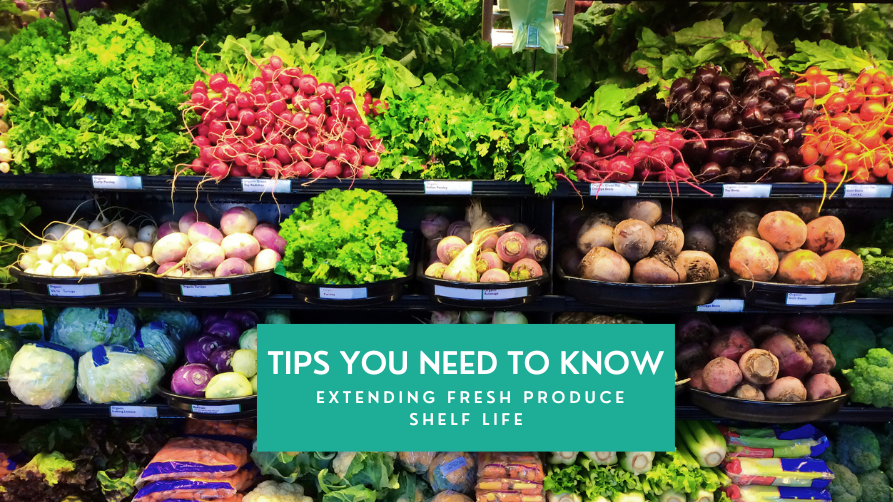Extending Fresh Produce Shelf Life

Extending the shelf life of fresh produce is essential to reducing food waste and ensuring that fruits and vegetables remain fresh and nutritious for as long as possible. The key factors that influence the longevity of fresh produce include temperature, humidity, ethylene gas, and proper handling techniques. To start, keeping produce at the right temperature is crucial. Most fruits and vegetables should be stored in cool environments, with the temperature varying depending on the type of produce. For example, leafy greens and berries typically last longer when kept at refrigerator temperatures, while root vegetables like potatoes and onions can fare better in a cool, dry pantry.
Humidity plays a significant role as well. Many fruits and vegetables require high humidity to maintain moisture, while others thrive in drier conditions. Using proper storage containers, such as perforated plastic bags or containers designed for produce, can help maintain the right humidity level. Ventilated drawers in refrigerators are specifically designed to regulate airflow, which further prevents moisture loss and the onset of decay.
Another important factor is the management of ethylene gas, a natural compound emitted by certain fruits that accelerates the ripening process. By separating ethylene-producing fruits, such as apples and bananas, from other fruits and vegetables, you can slow down the ripening and deterioration of more sensitive produce like leafy greens and berries.
Handling practices also contribute to the shelf life of produce. It’s essential to avoid bruising or damaging fruits and vegetables, as injuries create entry points for bacteria and fungi, leading to faster spoilage. Additionally, washing produce before storing it can add moisture and promote decay, so it is better to wash fruits and vegetables just before use rather than before storing them.
For certain items, preservation techniques like blanching, freezing, or canning can also be used to extend shelf life. Freezing fruits and vegetables preserves their nutritional value and prevents spoilage, while canning can provide long-term storage options, though it’s important to follow proper methods to ensure food safety.
By taking these precautions, fresh produce can stay fresher longer, allowing you to reduce waste and enjoy nutritious meals for extended periods.
